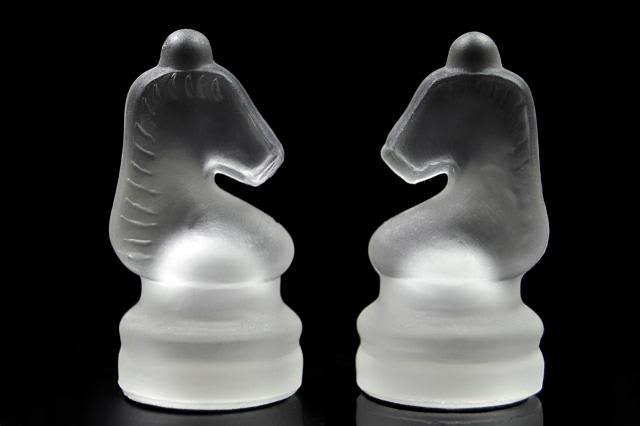
Living in the small mountain town of Sefat, all I have to do is walk down the time-softened steps of my Old City home, and stroll around the corner… and I meet people from all over the world. Safed Candles, where I work, is a main tourist attraction for anyone coming to our city. After a while, one gets to recognize the cultural differences. The friendly Americans, and even friendlier Canadians, the lively South Americans, the serious Russians, the dry humored English.
But it is sometimes the individual among the groups that surprise me, catch me off guard, and become, suddenly, God’s messengers.
Still. It is the German groups that I have the most difficulty with. The look, the language, sometimes the cultural habits – fill me with a tremendous ambivalence. I like to be behind the counter when they wander into the Gallery. It gives me a sense of emotional space. There’s just too much between us. Too many ineffable memories.
I am polite and every now and then I smile at someone who seems pleasant; but inside I ask myself – Who knows? Who really knows? What would they have done if they had been an adult during the war?
The Friday the group came in, I was not at the register. I stood in a corner of the center room, emptying boxes of tapers, pricing and hanging them on their hooks.
An elderly German lady with a cane, lingered near where I worked, seemingly interested in the group of candles to my right. When I moved for a moment to the left, she walked over, pushed the half empty boxes out of her way with her cane, and took my place. “There must be a word in German for Excuse me …” I muttered as I bent down to gather the boxes out of the way. Suddenly I saw the picture. I was bent down on the floor, she stood above me, with that cane in her hand. I stood up, and walked away. There are just too many collective memories between us.
The middle aged lady who came over to me, as I stood behind the register was tall, her hair all gray, though she looked to be in her mid-forties. She held a simple Havdalah candle in her hand.
“Excuse me. What are these used for?” she asked gently.
I began explaining a bit about the Havdalah service, and the more I told her the more she wanted to know. Finally, satisfied, she smiled. ”I was here a few years ago, and I bought this candle. It was so simple, so… nice.” She paused. “Then many months later, when a group of us went to visit the Jews in a village in Czechoslovakia, I brought it to them.” Her eyes lit up. ”They were very happy! They laughed and laughed. They kept saying, Havdalah, Havdalah!”
We were silent for a moment as I tried to absorb what she told me.
But she was struggling with her own thoughts. Finally she said, “There was a Jewish cemetery in this village. It was overgrown with weeds, and much, much trash.”
Silence.
“We…my group and I…we cleaned it up. We cut the grass, and cleared all the dirt out.” She paused. “We swept the graves.”
A hundred different thoughts battled simultaneously in my mind. “You mean there were not enough Jewish people in the village to care for it, themselves?” This time I dared to look deeply into her eyes.
“No,” she said, and there was nothing but an undenying sadness in her eyes. “The Jews were all dead.”
“Yes,” I said, reaching across eons of hate, violence, suffering…and finally… “The Jews were all dead.”
I was a little surprised, at myself. What is it inside us that allows us to open up, to look deeply into one person’s eyes, to trust one person over the other? What is it that awakens when we know someone is special? I watched as she wandered back into the store to choose candles.
She wasn’t alive then, I thought. Yet, she had not been afraid to accept her nation’s responsibility. In the most painful, intimate of ways. She had cleaned the graves.
Most of the German group bought candles, and I only had time to smile distractedly at her as I rang up her candles. But when the counter had cleared, she came over to me, and extended her hand. I took it in mine, and then covered it with my other.
Esther Rubenstein is a freelance writer whose great love is to pull stories from her life and heart. She is usually inspired by the city and surrounding country-side of Sefat, where she has lived and raised her family for the last thirty years.
The words of this author reflect his/her own opinions and do not necessarily represent the official position of the Orthodox Union.



